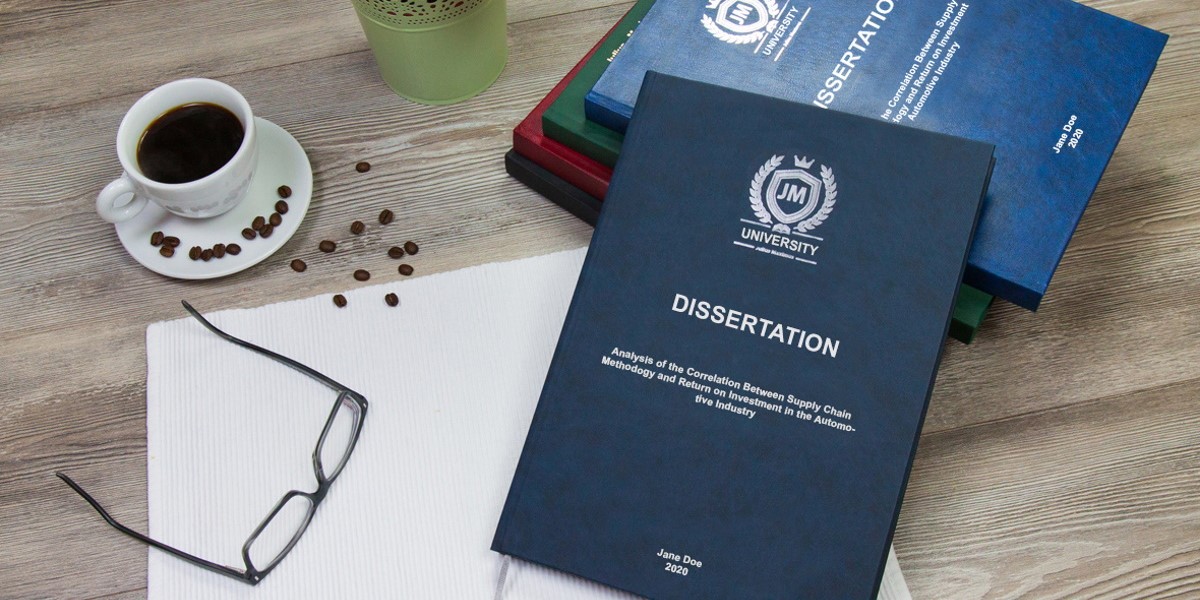Writing an undergraduate project or essay on a topic is one thing; writing a dissertation on a related topic is quite another. There is the shape itself to start with. A dissertation is a very long essay that is broken up into parts and sections and includes a substantial reading list. The majority of recent publications are recorded in computerized catalogues, but there remains a significant amount of scholarly work from prior decades that is difficult to find. When it comes to research, our assignment writing service is renowned for being the most creative. This results from our specialists’ extensive background in providing research mentorship to students.

Step by step execution of the task is crucial. At Write Smarter, we offer the work chapter per chapter so that the client may receive ongoing feedback from the mentor and we can change the work in response to the comments. As a result, we become more process-oriented and are better able to produce work that meets the mentor’s particular requirements. We use straightforward language when we write. We also urge pupils to do this. The reason is that academic writing differs significantly from other types of writing. This comes with practice, but with our assistance, you may grow in this area more quickly.
Our best dissertation writing service consistently produces academic work that is 100 percent original and free of plagiarism.
Embarking on the journey of writing a dissertation thesis is both exhilarating and daunting. It marks the culmination of years of study, research, and intellectual exploration. However, the task of crafting a comprehensive dissertation can often feel overwhelming, with numerous components to consider and a vast sea of literature to navigate. The essential elements of a successful dissertation thesis, providing valuable insights and practical tips to help you navigate this significant academic endeavor.
Selecting a suitable topic is the foundational step in the dissertation writing process. Your topic should be of personal interest, relevant to your field of study, and capable of making a meaningful contribution to existing scholarship. Consider brainstorming ideas, consulting with faculty mentors, and conducting preliminary research to narrow down your focus.
A thorough literature review is essential for establishing the context, rationale, and theoretical framework of your research. Dive deep into scholarly databases, journals, books, and other relevant sources to familiarize yourself with existing research on your topic. Identify gaps, controversies, and areas for further exploration that your study can address.
Clear and concise research questions serve as the guiding principles of your dissertation. They should be specific, measurable, achievable, relevant, and time-bound (SMART). Define your research objectives, outlining the purpose and scope of your study. Ensure that your research questions align with your chosen topic and contribute to advancing knowledge in your field.
The methodology section outlines the research methods, procedures, and techniques you will employ to address your research questions. Choose appropriate methodologies based on the nature of your study, whether qualitative, quantitative, or mixed methods. Justify your methodological choices, addressing issues of validity, reliability, and ethical considerations.
Data collection involves gathering empirical evidence to support your research findings. Depending on your chosen methodology, this may involve surveys, interviews, experiments, observations, or archival research. Employ rigorous data analysis techniques to interpret your findings, uncover patterns, and draw meaningful conclusions.
Present your research findings in a clear, organized manner, using tables, charts, graphs, and other visual aids to enhance comprehension. Discuss the implications of your findings in relation to existing literature, theoretical frameworks, and practical applications. Address any limitations or constraints encountered during the research process and offer suggestions for future research.
Crafting a well-written online dissertation help requires careful attention to structure, style, and clarity. Follow the guidelines provided by your academic institution and adhere to the prescribed formatting requirements. Divide your dissertation into logical chapters, including an introduction, literature review, methodology, results, discussion, and conclusion. Pay close attention to grammar, punctuation, and citation style throughout the document.
Seek feedback from your advisor, committee members, peers, and other experts in your field. Incorporate their suggestions and critiques to strengthen your dissertation. Revise and refine your work iteratively, ensuring coherence, coherence, and rigor in your arguments and analysis.
Writing a dissertation thesis is a challenging yet rewarding endeavor that requires dedication, perseverance, and scholarly rigor. By following the steps outlined to get dissertation writing help in this guide and remaining focused on your research goals, you can produce a high-quality dissertation that contributes to the advancement of knowledge in your field. Remember, you are not alone in this journey – seek support from your academic community, stay organized, and maintain a positive mindset as you navigate the complexities of dissertation writing.

Write Smarter is a group of experienced individuals who aim to meet academic needs of the students. Our internal quality team has carefully screened our team of professionals.
©2024 Write Smarter. All Rights Reserved.